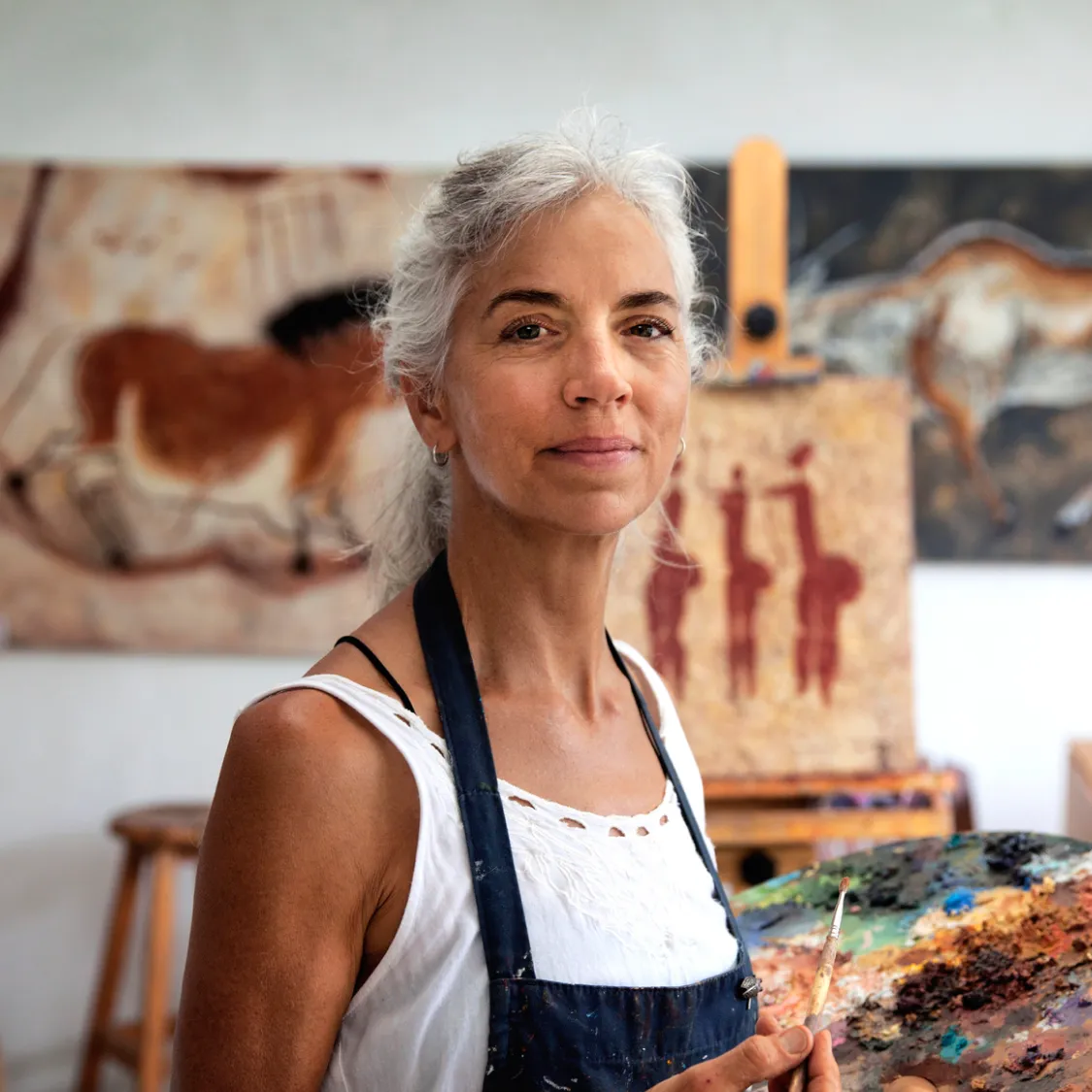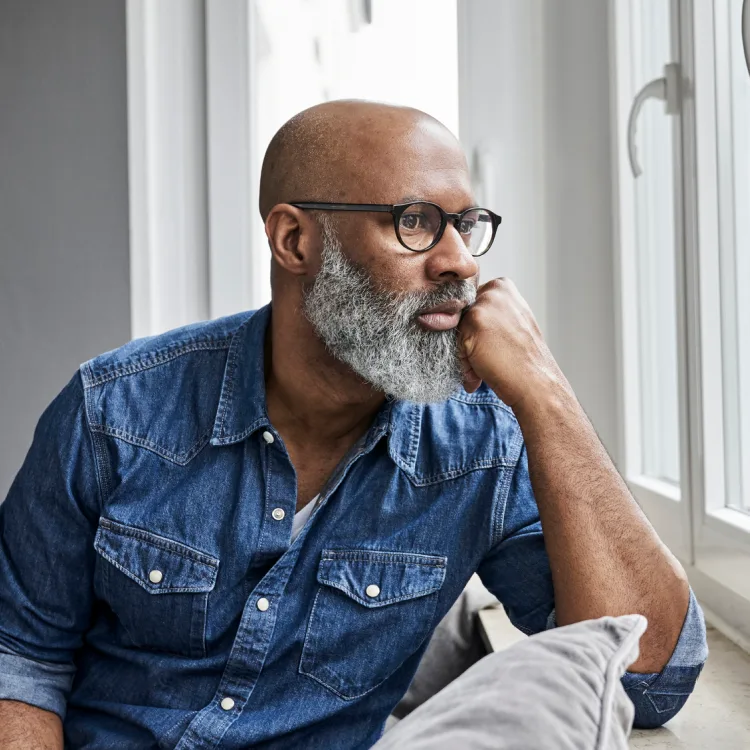Social anxiety is a common problem. Many of us feel that unless we work hard to hide our shortcomings, we'll be judged or rejected for them. Maybe you feel boring or uninteresting, or worry you always say the wrong thing. Perhaps you fear being criticised for the clothes you wear or what you've achieved (or haven't achieved) in life.
But if you suffer from social anxiety, how you feel before a social event- be it meeting in a bar, a work party or a family gathering - is not a good indication of how it will go. If you succumb to these negative feelings and never put yourself in social situations, you'll miss out on important connections and your life will be much poorer for it.
It rarely works to advise a shy or anxious person to 'just go for it and be yourself'. When you're suffering from anxiety, being yourself is precisely the problem! There are ways to overcome social anxiety and start to enjoy these situations more. Rather than drinking as a way to cope with social anxiety, try some of these tips.
Don't wait until it feels right
A common mistake is to avoid doing anything social until you feel like it. You might hope that your mind jumps into gear and starts to support you, but usually it works against you, building the case for why you shouldn't attend. Try using 'opposite action' instead: when the anxiety says 'don't', try and do the opposite. Eventually, it'll become a habit.
‘What ifs’ seem very believable. They leave you wanting to shut yourself away and hide. But they are worries about things that haven’t happened yet and probably never will.
- Dr Jessamy Hibberd
Avoid 'what ifs'
When you're feeling anxious, it's easy to start predicting the worst. What if I make a fool of myself? What if people don't want to talk to me? What if I can't cope? 'What ifs' seem very believable. They leave you wanting to shut yourself away and hide. But they are worries about things that haven't happened yet and probably never will. When the anxiety starts talking, pause, step back and remind yourself, 'Thoughts aren't facts'.
Make sure you also accurately remember how things go. You might have worried you'd have a terrible time, and no one would speak to you, but actually although you felt nervous when you first got there, you ended up having a positive experience. Try to fix that in your memory and refer back to it.
Focus on the 'now'
It's common to use 'safety behaviours' to feel less anxious, such as looking at your phone, having an extra drink, preparing questions or rehearsing what you're going to say beforehand. The trouble is this is likely to give the impression of exactly what you're trying to avoid - you may appear aloof or disinterested, or you might get drunk quickly, causing more problems.
Try to ground yourself in your surroundings. Focus on where you are and what's going on as a distraction and break from the anxiety. Drop the safety behaviours, try to get out of your head and focus on what's being said to you. Really listen to what the other person is saying, as this leaves space for curiosity, genuine questions and for you to be yourself. This means you'll come across as more sociable and enjoy the time much more.
Realise no one will scrutinise you as much as you do
When you're feeling socially anxious, it's easy to assume that everyone is paying close attention to your life. But the reality is that most people are more interested in themselves, preoccupied with their own lives and their own insecurities and fears.
The scrutiny we subject ourselves to is completely different from the scrutiny we give others. Think about when you're looking through photos with a friend - they'll flick through, but as soon as they come to images of themselves they look at these photos for far longer.
Imagine if someone followed you around saying all the things social anxiety says to you? You'd be shocked and hurt, yet it's what you're doing to yourself all day.
- Dr Jessamy Hibberd
See anxiety for the bully it is
Social anxiety tends to come hand-in-hand with self-criticism, putting yourself down or worrying others are judging you. Imagine if someone followed you around saying all the things social anxiety says to you? You'd be shocked and hurt, yet it's what you're doing to yourself all day. Try to be kinder to yourself and ask yourself, what would you say to a friend in the same situation?
Understand insecurity and self-doubt is human
Insecurity is turned up louder by imagining everyone else knows what they're doing and you're the only one who finds social situations awkward. Even people you're sure must be confident feel insecure at times. They may just be good at giving the impression of confidence - like a swan effortlessly gliding along, but always paddling below the water. In reality, we all doubt ourselves at times and have similar worries, insecurities and fears. It's part of being human; no one is perfect and that's OK.







